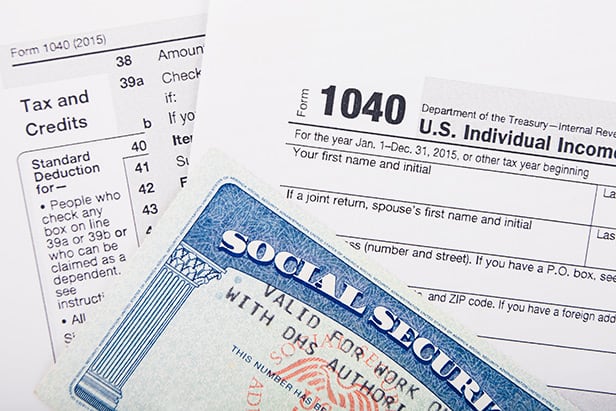
Researchers tell us that most people would be better off waiting to claim Social Security benefits. Yet most people file early.
More than half apply for Social Security before they reach full retirement age, which is currently 66 and rising to 67 for people born in 1960 and later. More than 30% apply as soon as they can — at age 62. And only about one in 25 applicants waits until age 70, when monthly benefits max out.
Some people have little choice, of course. They may have no savings and no job. Others have better options than applying early but don’t realize it.
That’s due in part to the many, many myths surrounding Social Security — and people’s tendency to think they know more about this program than they actually do. A 2013 survey by Financial Engines found that 77% of pre-retirees felt confident about their Social Security knowledge, but 95% could not correctly answer eight questions about how the program works.
Here are the myths most likely to cost you money:
“It doesn’t matter when I take Social Security.” Social Security benefits increase about 7% each year between 62 and your full retirement age, and by 8% each year between your full retirement age and 70. This actuarial adjustment aims to ensure that people who opt for larger checks for a shorter period don’t get less than those who get smaller checks for longer periods.
But longer life expectancies, current low interest rates and rules regarding survivor benefits mean that most people are better off delaying, says researcher Sita Slavov, a professor of public policy at George Mason University in Arlington, Va.
Social Security also provides insurance against longevity. People who live longer than expected can run out of savings and wind up depending mostly or even entirely on Social Security. That alone is a good reason for most people to delay their applications.
“If I have a shorter-than-average life expectancy, I should claim benefits early.” Most people underestimate how long they are likely to live, according to the Stanford Center on Longevity. A 65-year-old man today can expect to live to 84, according to the Social Security Administration. A 65-year-old woman can expect to live to 86.5. Couples who are 65 today stand a 50% chance of having one spouse live to 92, according to the Society of Actuaries. Life expectancies are even longer for those now in their mid-50s. One in two women and one in three men will live past 90, the actuaries say.
Even if you’re right about having a shorter life expectancy, though, claiming early could shortchange your mate. Married couples will lose one of their checks when the first spouse dies, which can cause a serious drop in income. The survivor will get the larger of the two checks the couple was receiving. That gives the higher earner in a couple — the one whose check will be the largest — a strong incentive to delay so that the survivor’s benefit is larger.
“If I claim benefits early and invest them, I’ll come out ahead.” No investment offers a guaranteed return as high as what you can get from delaying your Social Security application. To match that return, you’d have to take a lot of risk. Even the most prudent investor can get shellacked by a bear market or real estate downturn.
“I have to claim Social Security as soon as I quit working.” You don’t have to start Social Security when you stop working, or vice versa. Financial planners often suggest that people tap their retirement funds or other savings if that allows them to delay their applications.
Also, you don’t have to wait until 70 to get substantial returns. Delaying four years, from 62 to 66, can translate into a 33% sustainable, annual increase in your standard of living, Slavov says.
“I need to apply before Social Security goes bankrupt.” Social Security is not “going bankrupt.” If Congress doesn’t act, in 2035 the system will be able to pay only about 80% of promised benefits — and 80% clearly is not the same as zero. If and when Congress gets around to fixing Social Security, the changes are likely to affect people farther from retirement. “Locking in” your benefit early just means settling for smaller checks for life.
